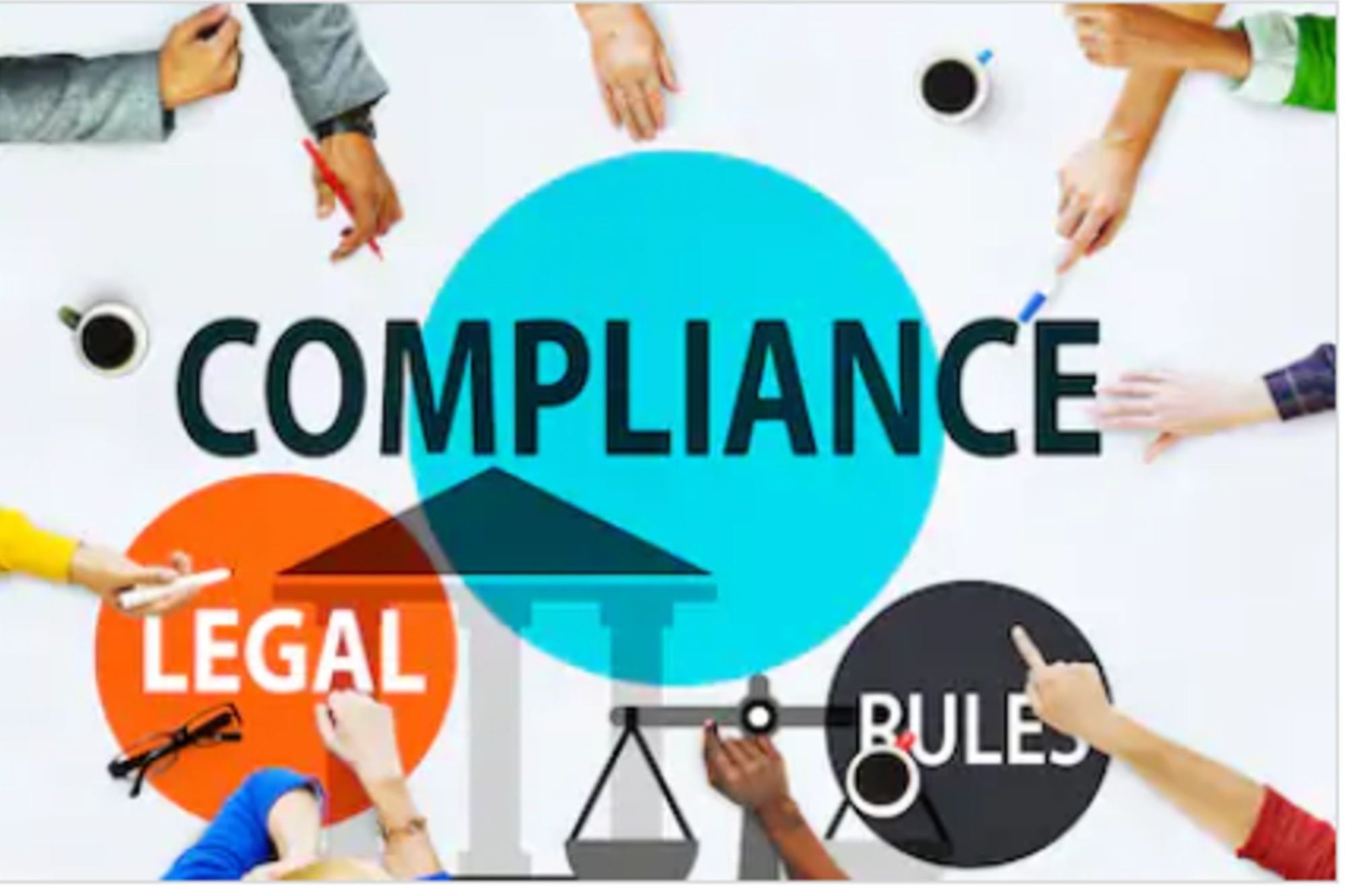Starting and operating a small business comes with a plethora of challenges and responsibilities, one of which is understanding the legal and regulatory requirements that come with it. Legal and regulatory requirements are laws and regulations set by the government that businesses must comply with to operate legally. These requirements are put in place to protect consumers, employees, and the environment, among other things. Failing to comply with these regulations can lead to legal penalties and can negatively impact the reputation of the business. Therefore, it is essential for small business owners to understand these requirements to avoid potential legal issues.
In this article, we will discuss the legal and regulatory requirements that small businesses must comply with, including business structure, licenses and permits, taxes, employment laws, and intellectual property.
Business Structure
One of the first decisions a small business owner must make is choosing the business structure. The business structure chosen will determine the legal and regulatory requirements that the business must comply with. The four most common business structures are sole proprietorship, partnership, limited liability company (LLC), and corporation.
Sole proprietorship is the simplest and most common business structure. In this structure, the owner is personally responsible for all the business’s debts and obligations. Partnerships, on the other hand, involve two or more people who share ownership of the business. Each partner is responsible for the business’s debts and obligations, and they share the profits and losses.
LLCs are hybrid business structures that combine the benefits of a corporation and a partnership. In an LLC, the owners, or members, have limited liability for the business’s debts and obligations. The profits and losses are passed through to the members, and they report the business’s income and losses on their personal tax returns.
Corporations are separate legal entities from their owners, and the owners, or shareholders, have limited liability for the business’s debts and obligations. Corporations have a more complex structure and require more extensive legal and regulatory requirements.
Licenses and Permits
Small businesses may require various licenses and permits to operate legally. The licenses and permits required will vary depending on the type of business and the location. For example, a restaurant may require a food service license, while a construction company may need a building permit.
Obtaining the necessary licenses and permits can be a time-consuming and costly process. Therefore, it is essential to research and understand the requirements in advance to avoid delays and potential legal issues. Failure to obtain the necessary licenses and permits can lead to fines, legal penalties, and even the closure of the business.
Taxes
Small businesses must comply with various tax regulations at the federal, state, and local levels. The tax obligations of a business will vary depending on the business structure and the type of business. For example, sole proprietors report their business income and expenses on their personal tax returns, while corporations must file separate tax returns.
Small businesses are also responsible for collecting and remitting sales tax on goods and services sold to customers. The sales tax rates and requirements will vary depending on the state and locality.
Employment Laws
Small businesses that have employees must comply with various employment laws and regulations. These laws are put in place to protect the rights of employees and ensure that businesses operate fairly and ethically.
Employment laws cover various aspects of the employment relationship, such as wages and hours, benefits, discrimination, and workplace safety. For example, the Fair Labor Standards Act (FLSA) sets the minimum wage and overtime requirements for employees, while the Occupational Safety and Health Act (OSHA) sets workplace safety standards.
Small business owners must ensure that they comply with these laws to avoid legal issues, fines, and penalties. Failure to comply with employment laws can lead to lawsuits, damage to the business’s reputation, and even the closure of the business.




